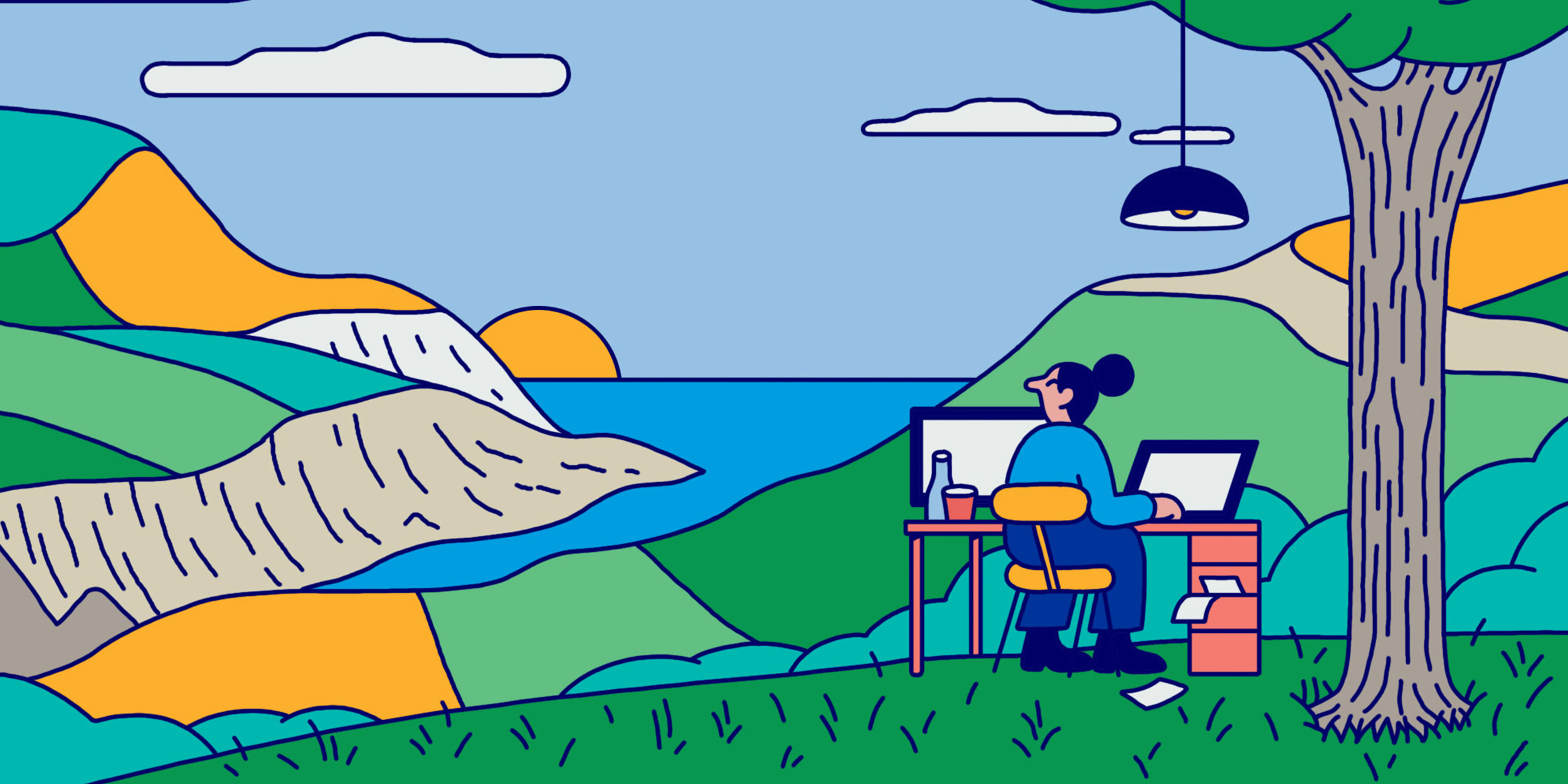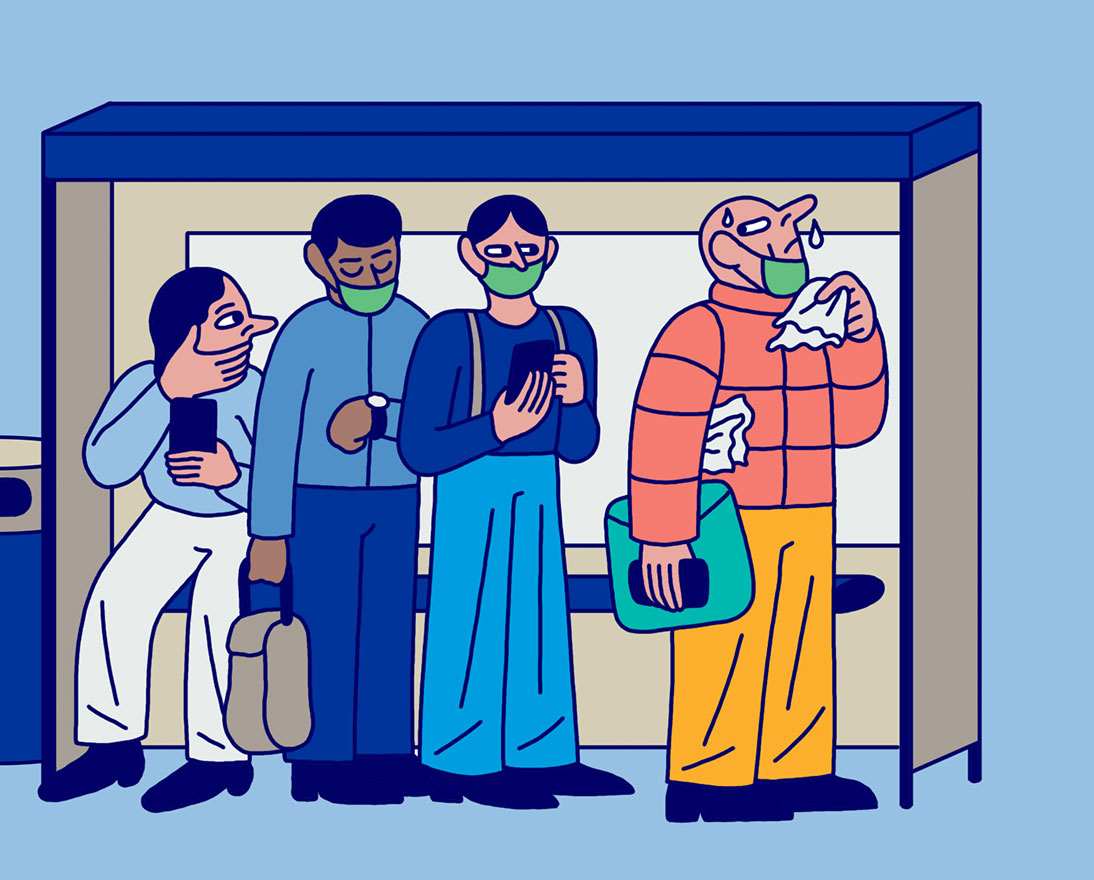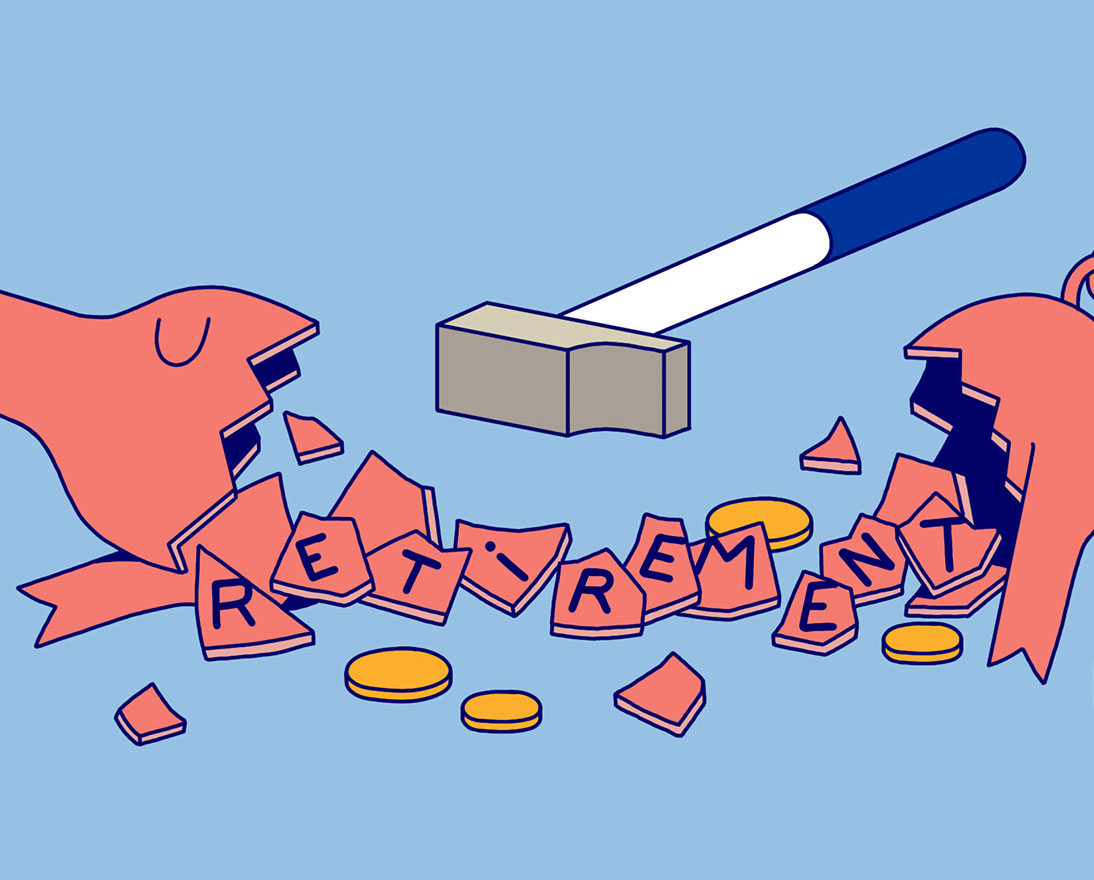Remote working is transforming the way we relate to each other
RiskArticleOctober 30, 2020
As millions of workers experience remote working, many for the first time, Zurich Insurance Group (Zurich) and VICE look at the impact this is having on our mental health and the transformation in our relationships with one another
One of the biggest transformations to our lives as a result of the pandemic has been the wide scale adoption of remote working. While in the past remote working might have been something you would have to get a line manager’s permission for and seldom got, it’s now a daily reality for many. Whole offices emptied and switched to remote working practices and this is now transforming the way we work and interact with each other, mainly for the better.
Gone are the long commutes from home to work and back again, poor quality sandwiches eaten at desks, the days spent waiting until the clock to mark the end of the working day. Millions were given time back, which they could use how they wanted. Remote working has also let people work from wherever they want. Although lockdown might have meant we have not all been able to fly out to tropical beaches and set our laptops up.
The temporary end of commuting has been one of the big positives from this shift and has freed up our time. Dr Stefan Kroepfl, head of life planning and development for Zurich Insurance Group (Zurich), told VICE: “Depending on the distance that's easily an hour a day, half an hour each way, for almost everyone and it can be one and a half or even two hours. This is additional time gained. Many people split that extra time between working a bit more, but also still having more leisure time”
Besides working more during peak times, Kroepfl has used the extra time he’s got back to exercise or occasionally go grocery shopping and has found remote working during the pandemic has really improved his quality of life. “Take the lunch break. We have two kids, so I had lunch with my family, every day during the lockdown. It is an entirely different quality of life”, Kroepfl said.
But this sudden shift to remote working has not been uniformly positive for everyone. Kroepfl highlighted the experience of people who live in small apartments in the middle of cities.
“They literally feel locked in. That takes us to the impact on mental health. If prior to the lockdown, you spent the day in the office and had an active social life, you were only spending the night in your apartment. Now all of a sudden, you've got to spend all day long in there and may not have any other people around you”, he added.
The impact on mental health has in part been driven by the loss of human contact according to Andrea Steer, senior risk consultant for Zurich UK. Steer told VICE: “One of the negative impacts is that loss of human contact, whether you are the most hardened home worker, or a person that does not need other people to be energized by. That loss has probably been the most impactful and not just on a professional level, also on a personal level. Without having that face to face contact, is it impacting creativity and innovation?”
For remote working to actually work, people need to feel like they are still part of a broader production process and not just working by themselves. Professor Gordon Clark, Professorial Fellow at Oxford University, said: “It's not like people are just at home doing their own job; they do so with others. All this works, as long as people collaborate and cooperate remotely. That often depends upon prior social connections that allow for adaptation and integration of common projects in remote settings.”
A lot of the issues we are currently experiencing with remote working stem from the way it was introduced. It happened almost immediately because people wanted to stay safe from coronavirus. Nadia Younes, Group head of employee experience, diversity & inclusion, wellbeing for Zurich told VICE: “It's great when we are in survival mode, and everyone's working from home. But the pandemic has allowed people to work from home in not ideal conditions. It is a global experiment on keeping safe, not a proper global experiment on remote working.”
This global experiment in safety has been made possible by the rapid development of technology. Without computers and mobile phones, we would not have been able to do this.
The pandemic has let millions of workers experience remote working, many for the first time, and after this taste of flexible working, will things ever go back to the way they were after the pandemic has ended? It feels like the genie is out of the bottle when it comes to remote working. Younes added: “There is a sense of hope, and optimism that attitudes are changing. We do not know, if they have changed in a way that will stick, we are still in the pandemic.” Both employers and workers will be adapting to new ways of working when the pandemic is over and wellbeing is going to be more important than ever.
One thing we will never forget about remote working in our homes during the pandemic is just how much we appreciate those everyday contacts with other people. If we all keep that in mind when we return to our workplaces, we could be in for a significantly brighter future.
For check out some of Zurich’s helpful guides to employee wellbeing, click here.


